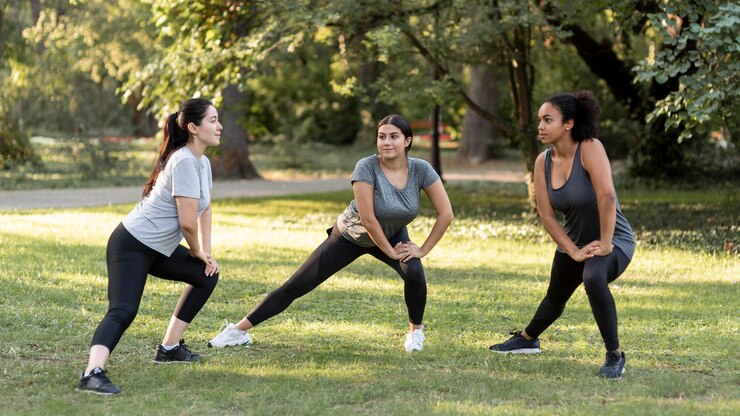If you want to know how diet and exercise influence liver health, continue reading! Maintaining a healthy liver is essential for good health. The liver is crucial for detoxifying the body, producing bile for digestion, and storing critical nutrients. Diet and exercise are key factors that can significantly affect liver health. This article explores how diet and exercise influence liver health and will provide practical tips for maintaining a healthy liver.
The Importance of a Balanced Diet
A balanced diet is vital for liver health because it receives the necessary nutrients to function properly. Eating fruits, vegetables, whole grains, lean proteins and healthy fats provides the liver with essential vitamins and minerals. For example, foods rich in antioxidants, such as berries and leafy green vegetables, protect liver cells. Additionally, high-fiber foods, such as whole grains and legumes, aid digestion and prevent fatty liver disease by reducing fat buildup in the liver.
The Impact of Unhealthy Foods
Conversely, a diet high in unhealthy foods can harm the liver. Processed foods, sugary drinks, and excessive alcohol consumption are particularly detrimental. These foods can lead to the accumulation of fat in the liver, causing non-alcoholic fatty liver disease (NAFLD). NAFLD can progress to more severe liver conditions, such as cirrhosis or liver cancer, if left untreated. Therefore, it is crucial to limit the intake of these harmful foods and focus on a nutritious diet to maintain liver health.
Benefits of Regular Exercise
Regular exercise is another crucial component of liver health. Physical activity helps maintain a healthy weight, which is essential for preventing liver disease. Obesity is a significant risk factor for developing liver conditions like NAFLD. By engaging in regular exercise, such as walking, running, or cycling, individuals can reduce liver fat and improve overall liver function. In addition, exercise enhances insulin sensitivity and reduces inflammation, both of which are beneficial for liver health.

Combining Diet and Exercise: Influence Liver Health
Combining a balanced diet with regular exercise provides the best results for liver health. For example, adopting a Mediterranean diet, which emphasizes fruits, vegetables, whole grains, and healthy fats, along with regular physical activity, can significantly reduce the risk of liver disease. This approach not only supports liver health but also promotes a person’s overall health. It is essential to create a sustainable routine that includes both healthy eating and regular exercise to maintain long-term liver health.
Practical Tips for Influence Liver Health
Here are some practical tips to maintain a healthy liver:
1. Eat a Balanced Diet: Incorporate a variety of nutrient-rich foods, including fruits, vegetables, lean proteins, and whole grains.
2. Limit Alcohol Consumption: Excessive alcohol intake can cause liver damage. Stick to moderate drinking guidelines.
3. Stay Hydrated: Drinking plenty of water helps the liver flush out toxins.
4. Exercise Regularly: Aim for at least 150 minutes of moderate-intensity exercise per week.
5. Avoid Processed Foods: Reduce the intake of sugary, fatty, and processed foods to prevent fat buildup in the liver.
In conclusion
Diet and exercise play a critical role in maintaining liver health. By eating a balanced diet and engaging in regular physical activity, people can significantly reduce the risk of liver disease and improve their health. Understanding the impact of these lifestyle choices on liver health is crucial to making informed decisions that support a healthy liver. Remember, small changes in diet and exercise can lead to significant improvements in liver function and long-term health.














